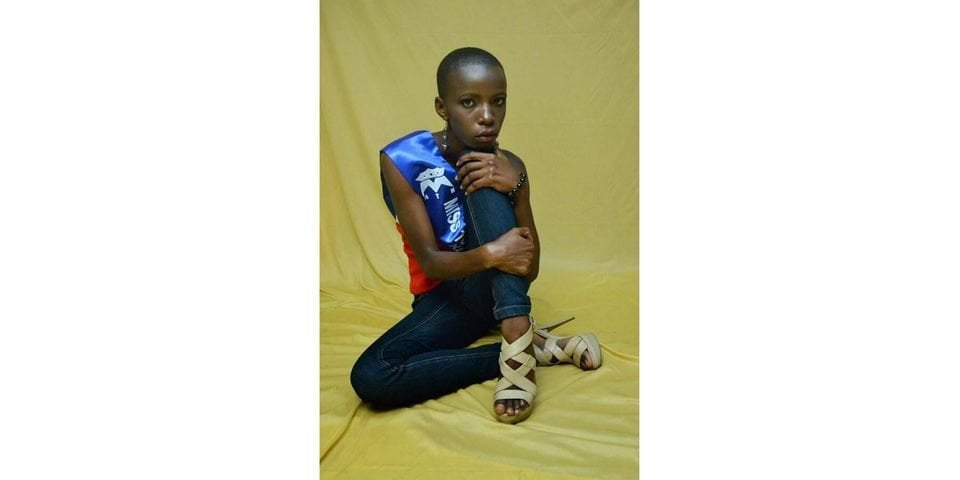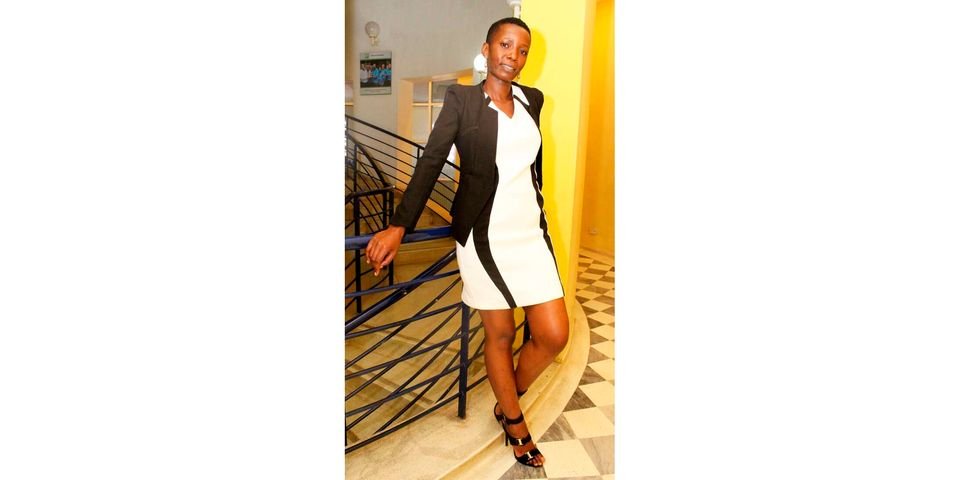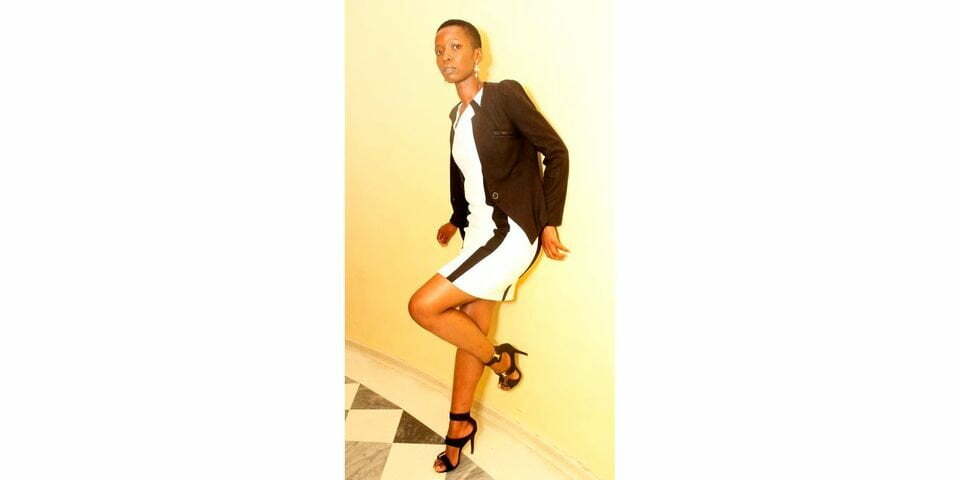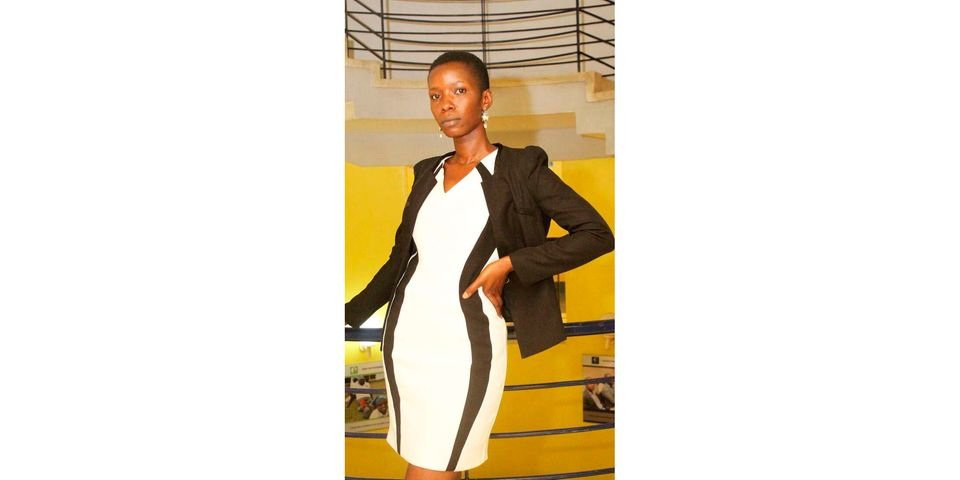When Ida Nakova was crowned Miss Tourism Kakamega in November 2013, she was ecstatic and knew it was her time to take on the world.
Instead, Ms Nakova found a world against her. Then aged just 23, she became a victim of savage online trolls.
Eight years on, she has found her new passion in visual arts. Her work varies from portraits to landscape drawings of scenic places.
But that does not mean eschewing occasional modelling jobs when the opportunity presents itself.
Her journey has not been easy. In fact, instead of the pomp, glory and recognition that follows the title of a beauty queen, her crown brought her harsh criticism from Kenyans.

“I remember it like it was yesterday, that feeling I had when my name was called out as the winner – it was exhilarating. I joined the competition because it was in line with my career,” she said.
“I studied tourism management at the Technical University of Mombasa and the competition I believe was like an extension of my career. Throughout the competition, I focused on local tourism products and how they could be marketed and that is how I won.”
She auditioned alongside dozens of other girls, with her goal set on winning and being crowned Miss Tourism Kakamega.
Cultural diversity
As a finalist, she was able to travel to Nairobi and Mombasa for the final competitions where beauty queens from all 47 counties would compete to be named ambassadors for the four pillars of tourism: peace, environment, tourism attractions and cultural diversity.
But she did not win any of the categories. Trouble started immediately after she landed in Nairobi.
“Of course in the beginning there was some jubilation. But it was after we came to Nairobi to do a polaroid that everything went to hell,” she said.
“These were going to be the pictures that would introduce all the beauty queens to the country. So when we came to the photoshoot, they did some test shots before they took the main pictures just to make sure the lighting and camera settings were good.”
The shooters picked her photos for the tests, she said, and forgot to take other pictures of her and so the test photos ended up being used on social media.
This was the beginning of what Ms Nakova describes as the worst part of her life.
Position of beauty queen
By the standards of Kenyans online, the pictures, which went viral, did not portray a person who should hold the position of beauty queen.

“I did not expect the sort of reaction I received,” she explained in between long pauses to conceal her emotions.
“I was called all the ugly names you can imagine, and funny enough some insults came from friends. I got tense as I went through the comments. I remember calling my brother and explaining the situation to him, that I was trending for all the wrong reasons and this was a new experience to me.”
They were “telling me that I am ugly, and when you tell a 21-year-old that she is ugly, it does nasty things to them psychologically. My self-esteem was completely eroded”.
“Some of the insults included people telling me that I looked like a man, that I am not ‘hippy’ enough to be desired as a woman,” she said.
This prompted her to deactivate all her social media accounts.
In 2015, when her family saw that she was teetering on the edge of depression, they asked her to find a job.
But as fate would have it, that too brought on another problem.
Each time she would go for a job interview, managers would notice that she was a former Miss Tourism Kakamega. They would question her as to why she was “not out there living life on the fast lane and working with the government to market the country”.
After numerous unsuccessful job interviews, Ms Nakova decided to become her own employer.
She said she had also realised that if she did not do that and work on her mental well-being, she would end up harming herself.

“It took me six years to be able to get back on social media, and I only did it so that I could share my art with potential clients. The best decision I have ever made was signing up for an art class with a sketch master,” she said.
Sexualise themselves
“I still model but I mainly do editorial modelling. I know there are a lot of misconceptions out there when it comes to modelling as a career, but that is not always the case. Modelling is a decent profession just like any other.”
Her advice to young women? They don’t need to “sexualise themselves” so as to get modelling jobs, because, she said, that increases their vulnerability to being exploited.
“The first thing they need to know is to understand what type of modelling they want to get into, be it glamour, editorial or commercial modelling,” she said.

“Some advice I got from an international photographer whom I worked with is that as a model I need to have very few pictures online. This makes it easier for photographers to understand your style.”
She has taken her nasty experience as a lesson and is now ready to march forward and have a positive impact on young girls in the modelling industry.
Credit: Source link